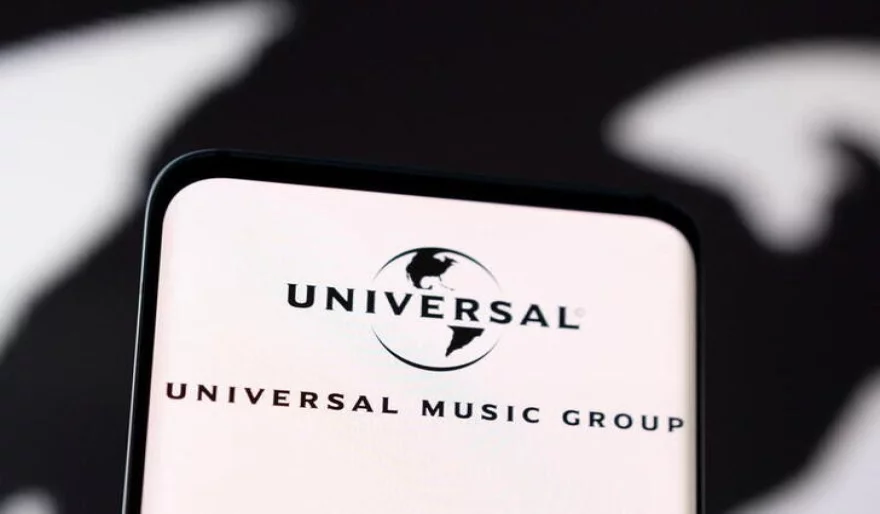Stay Ahead of the Curve
Latest AI news, expert analysis, bold opinions, and key trends — delivered to your inbox.
Universal Music sues AI company Anthropic for distributing song lyrics: What does it mean for the future of AI and music?
8 min read Universal Music Group (UMG) has filed a lawsuit against AI startup Anthropic, accusing them of infringing on UMG's copyright by incorporating copyrighted song lyrics into their AI chatbot Claude's responses without proper authorization. October 20, 2023 06:31
Universal Music Group (UMG) has sued AI startup Anthropic for distributing copyrighted song lyrics in its AI chatbot Claude. The lawsuit alleges that Anthropic has violated UMG's copyright by using its lyrics without permission in Claude's responses to user queries, such as when a user asks for the lyrics to a specific song.
UMG is seeking damages from Anthropic for copyright infringement and for "unfair competition." The lawsuit also asks the court to order Anthropic to stop using UMG's lyrics in Claude and to destroy all copies of the lyrics in its possession.
Anthropic has denied the allegations in the lawsuit, arguing that its use of UMG's lyrics is protected by fair use. Anthropic has also argued that its use of UMG's lyrics is necessary for Claude to function properly, and that UMG is trying to stifle innovation by suing Anthropic.
The lawsuit is still in its early stages, and it is unclear how it will be resolved. However, the case has raised important questions about the copyright implications of AI technology.
Here are some of the potential implications of the lawsuit:
- If UMG is successful in its lawsuit, it could set a precedent for other music companies to sue AI companies that use their copyrighted lyrics without permission.
- This could make it more difficult for AI companies to develop new products and services that use copyrighted lyrics.
- It could also lead to higher costs for consumers, as AI companies may be forced to pass on the cost of copyright licensing to their customers.
On the other hand, if Anthropic is successful in its defense, it could set a precedent for AI companies to use copyrighted lyrics without permission. This could lead to a more open and competitive market for AI products and services, and it could also lead to lower costs for consumers.
The outcome of this lawsuit will likely have a significant impact on the development of AI technology in the music industry. It will also be interesting to see how the case is resolved in light of the fair use doctrine, which allows for the limited use of copyrighted material without permission for purposes such as criticism, commentary, news reporting, teaching, scholarship, or research.
What does this mean for the future of AI and music?
The lawsuit between UMG and Anthropic is just the beginning of a larger conversation about the copyright implications of AI technology. As AI becomes more sophisticated and capable, it is likely that we will see more and more cases like this.
It is important to note that the fair use doctrine is a complex and evolving area of law. There is no bright-line rule that can be used to determine whether a particular use of copyrighted material is fair. Instead, courts must weigh a number of factors, including the purpose and character of the use, the nature of the copyrighted work, the amount and substantiality of the portion used, and the effect of the use on the potential market for or value of the copyrighted work.
In the case of AI companies using copyrighted lyrics, it is likely that courts will focus on the purpose and character of the use. If the AI company is using the lyrics in a way that is transformative, such as to create a new and original work of art or criticism, then the use is more likely to be considered fair. On the other hand, if the AI company is simply using the lyrics to replace a human worker who would otherwise be paid to write the lyrics, then the use is less likely to be considered fair.
Ultimately, the outcome of the lawsuit between UMG and Anthropic will depend on how the court weighs all of the relevant factors. However, the case is a reminder that the copyright implications of AI technology are complex and evolving. It will be important for AI companies to carefully consider the copyright implications of their products and services before launching them to the public.



















 AI Agents
AI Agents